
Villagers play drums at home in Rasekam village of Taxkorgan Tajik autonomous county, Northwest China's Xinjiang Uygur autonomous region, Feb 24, 2022. (Photo/Xinhua)
Counterterrorism and deradicalization efforts in accordance with rule of law
The fight against terrorism and extremism in the Xinjiang Uygur autonomous region has always been carried out on the basis of the rule of law, and there is no "suppression of ethnic minorities", said a report.
The report, recently issued by the information office of the regional government, sets out to explain the legal basis, key measures and notable results of the fight against terrorism and extremism in Xinjiang in accordance with law. The report aims to set the record straight with facts and debunk the rumors and lies concocted by the United States and the West about Xinjiang.
The spread of extremism over the years sowed the seed of rampant terrorist activities in Xinjiang, according to the report.
Since the 1990s, influenced by the volatile international situation and rampant terrorism and extremism around the globe, Xinjiang has seen frequent terrorist activities. From 1990 to the end of 2016, terrorists and religious extremists carried out several thousand terrorist attacks in Xinjiang. A large number of innocent people were killed and several hundred police officers died in the line of duty. The property loss incurred was enormous, the report said.
Xinjiang's counterterrorism and deradicalization efforts do not target any specific ethnic group or religion, and only crack down on terrorists and extremists. By preventing and countering terrorism and extremism in accordance with the law, Xinjiang has protected the fundamental rights of people of all ethnic groups to the greatest extent, said the report.
China has a clear-defined legal and policy framework for counterterrorism and deradicalization, including the Constitution, Criminal Law, the Counter-Terrorism Law and the National Security Law, which form the national legal framework for counterterrorism.
The legal and policy frameworks are in line with the spirit of the United Nations' counterterrorism conventions and documents, and fully reflect China's obligations as prescribed by international human rights law. They are also in line with internationally recognized principles.
China's laws have specified the definition and scope of the application of terrorism and extremism on differences in circumstance, degree of harm, nature and manifestation of illegal acts or crimes, ruling out arbitrary enforcement and violations of human rights.
Apart from acting in strict accordance with the Constitution and other laws and regulations, Xinjiang has also rolled out regulations in light of the realities of the region, providing effective legal safeguards to curb and combat terrorism and extremism. Meanwhile, Xinjiang authorities conduct their work in strict compliance with their statutory duties, scope and procedures, it said.
Xinjiang always fights terrorism and extremism in accordance with the law and protects human rights, including the legitimate rights and interests of criminals committing terrorist activities or extremism, and resolutely prevents infringement upon human rights while conducting counterterrorism and deradicalization.
When dealing with cases of terrorism and extremism, authorities in Xinjiang strictly observe principles, including imposing a legally prescribed punishment for a specified crime, the presumption of innocence, and the presumption of evidentiary adjudication.
There are absolutely no instances of "being ambiguous about or lenient with concepts of terrorism and extremism", "being without strict standards", "leaving room for related institutions to abuse the law" or "punishing terrorists and extremists at will", it said.
While fighting against terrorism and extremism, the region has ensured the respect of and the protection of human rights throughout the process of lawmaking, law enforcement and administration of justice, it said, adding that the work takes place under the supervision of various circles of society.
The report also clarified that Xinjiang's vocational education and training centers are learning facilities and were established in accordance with laws intended for deradicalization. Additionally, there are no instances of "forced labor" or "massive violations of rights", as the lawful rights and interests of people of all ethnic groups are fully protected.









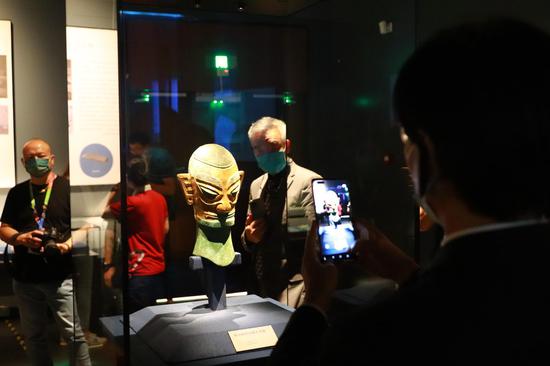





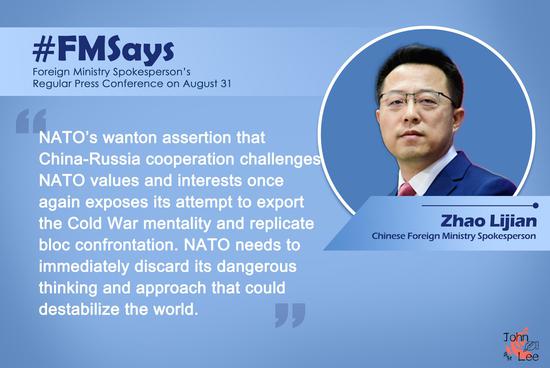
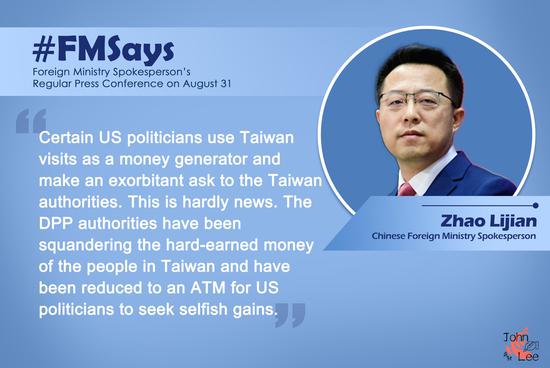


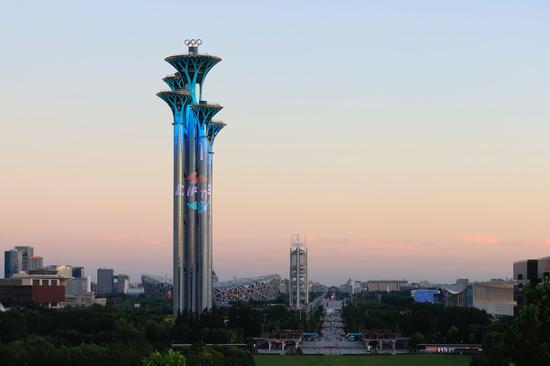

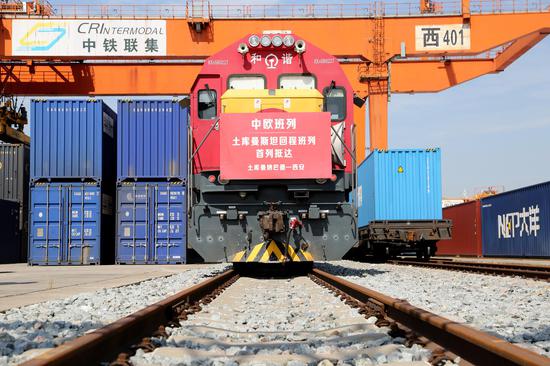
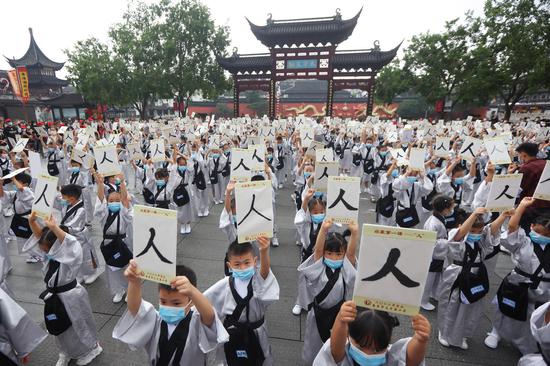

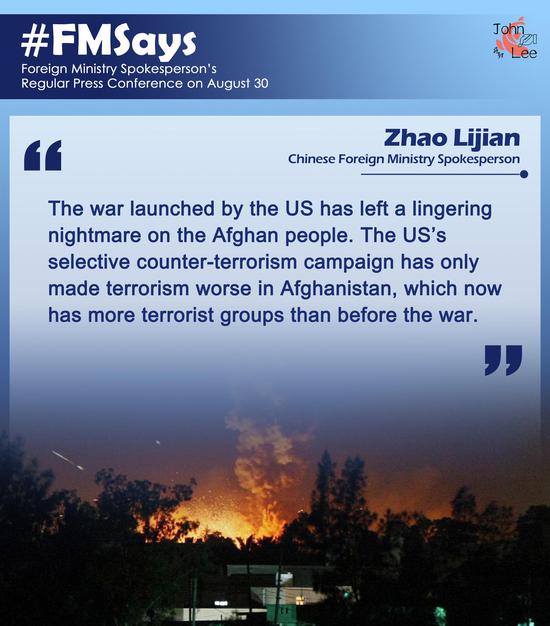
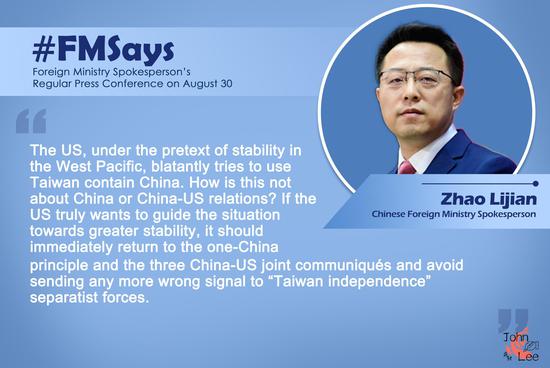
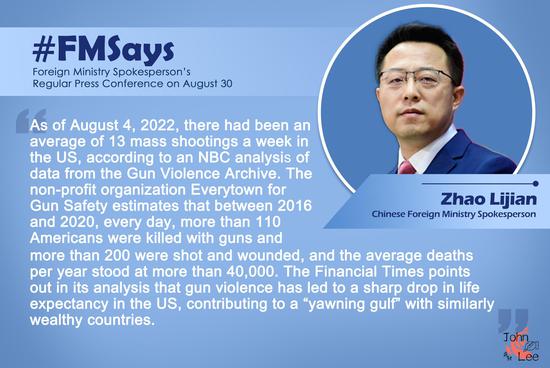
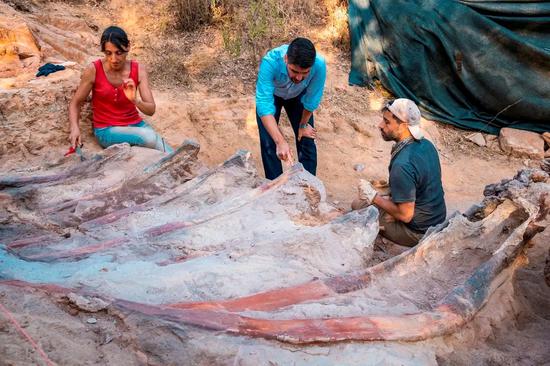
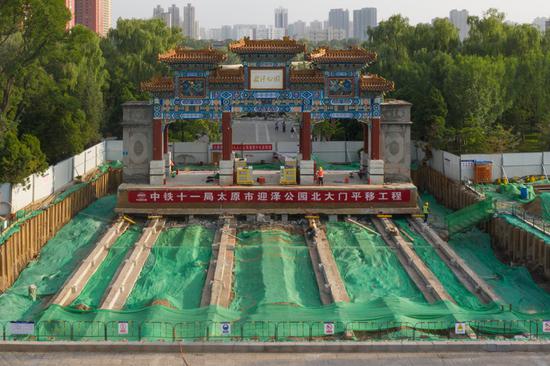
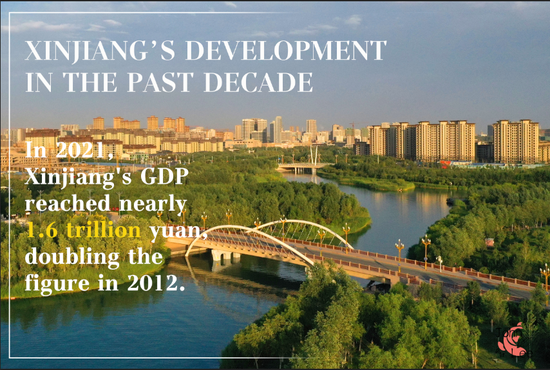
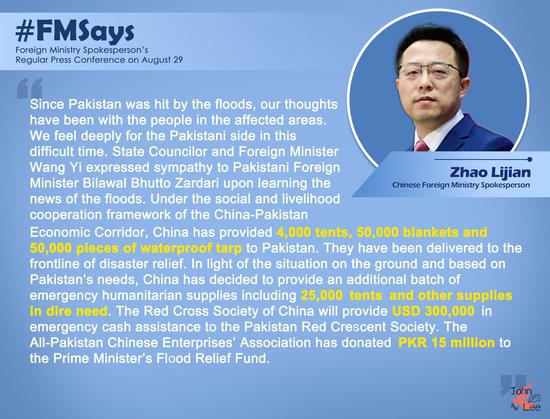
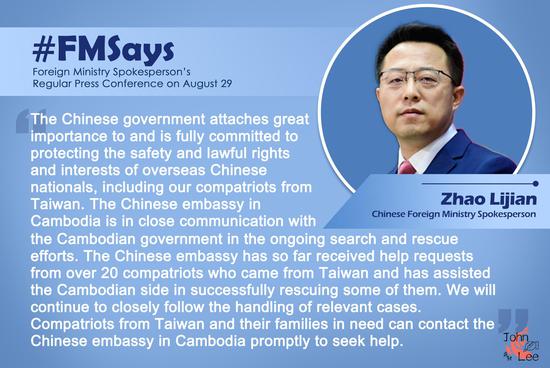






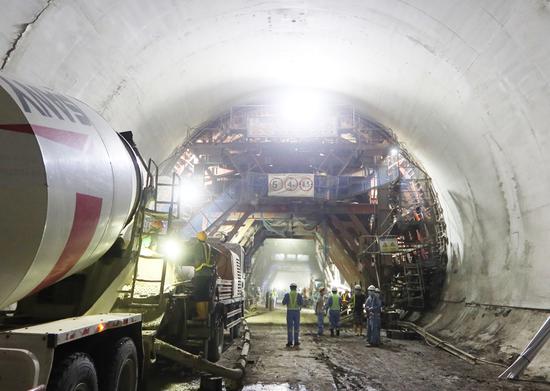

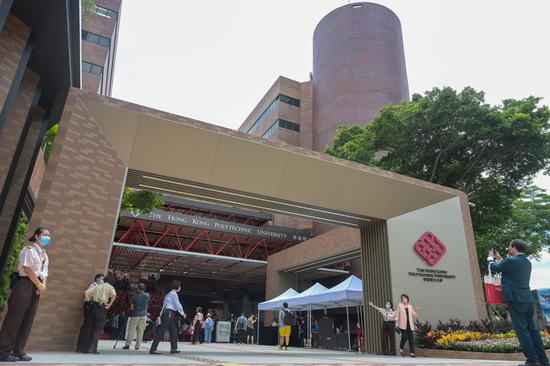



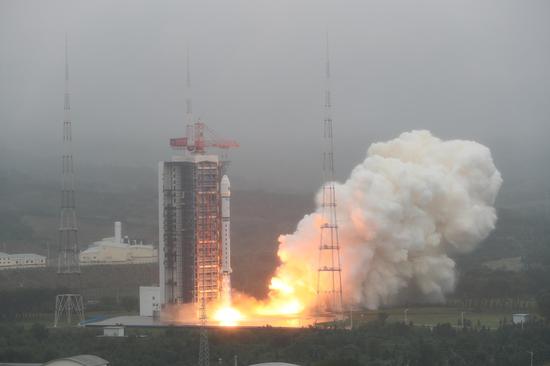





 京公网安备 11010202009201号
京公网安备 11010202009201号